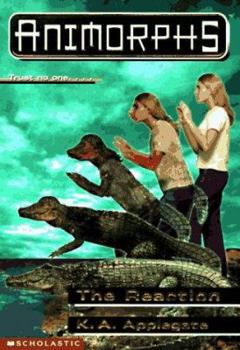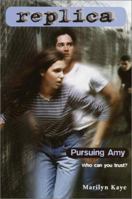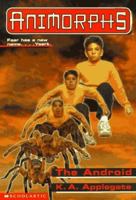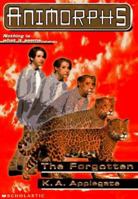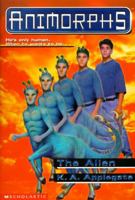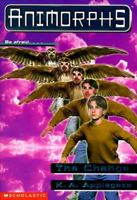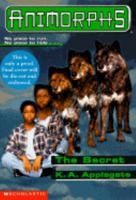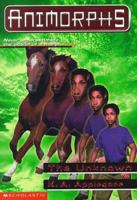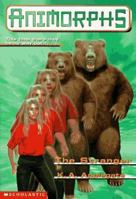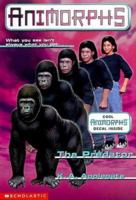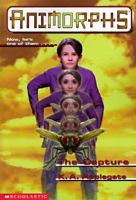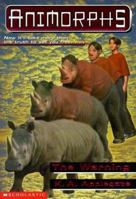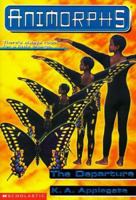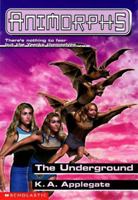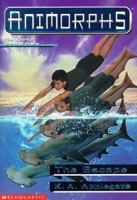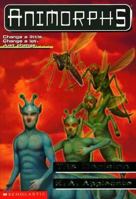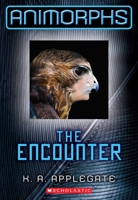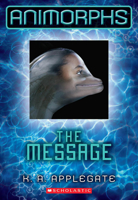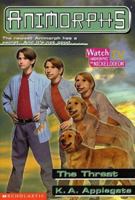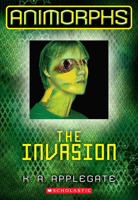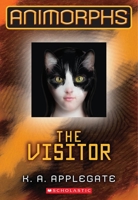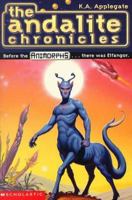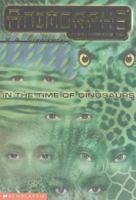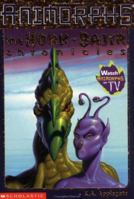You Might Also Enjoy
Book Overview
Customer Reviews
Rated 5 starsReader Over 25
Greetings earthlings from your oh-so-ancient reviewer (who is way over the target age group, I know.) I browsed over the other reviews and didn't find an in depth synapsis, so before my usual spill on the "older than thou" side, I'll start there. The reaction starts out with a humorous tone which quickly turns to action. While in the Gardens (a zoo/water park combination) a very young boy falls into a crocodile pit. Rachael...
0Report
Rated 5 starsThis book is so cool.
In this book Rachel morphs crocodile.It is so cool.Rachel has a morphing sickness.Whenever she has any emotion she morphs.If you want to find out about the rest of the book read it.
0Report
Rated 5 starsA really awesome book!!!!!!!!!!!
Rachel is pretty lucky! She has that amazing talent to spend money! She gets into some pretty awkward places in this book, and has some trouble with her croc(NOT GATOR!!!)morph. I really enjoyed the humor in this book. KA Applegate is a wonderful author. If you enjoyed the other books in this series, you should love this one!P.S. does anybody else think that the cover illustrations are a little wrong? Don't they have...
0Report
Rated 5 starsThis one is sort-of funny.
It would be more exciting if it tells Jake morphing his tiger morph and help out fighting thecrocodile.
0Report
Rated 5 starsGreat book
Rachel first gets into trouble when she "falls" into the crocodile pit. But to make it worse to keep from getting eaten she morphs the croc. She doesn't know that she is allergic to the croc. and it causes her to morph out of control. She decides to go on TV, but can she control the morphing? Find out your self and read the book.
0Report











